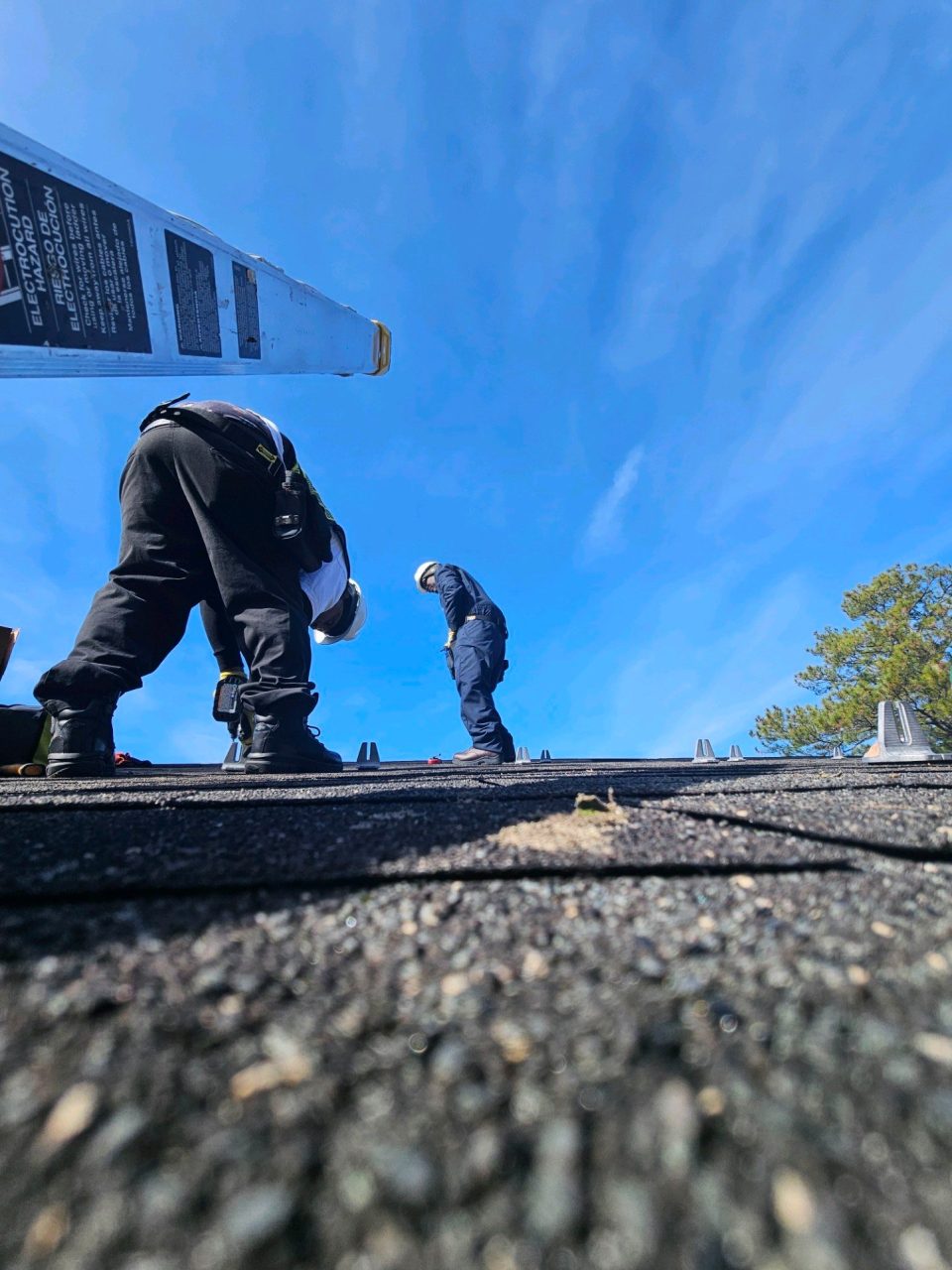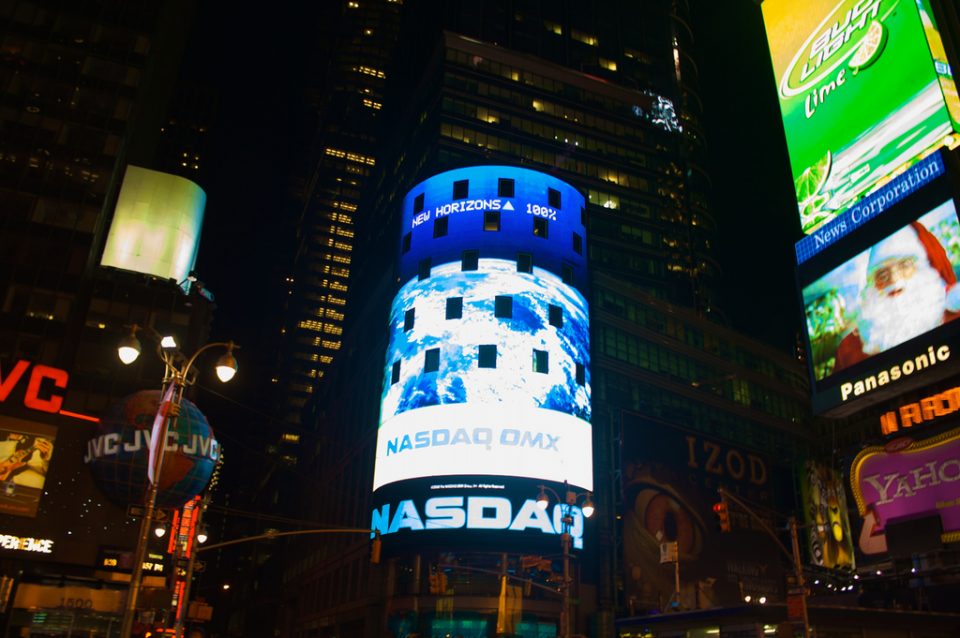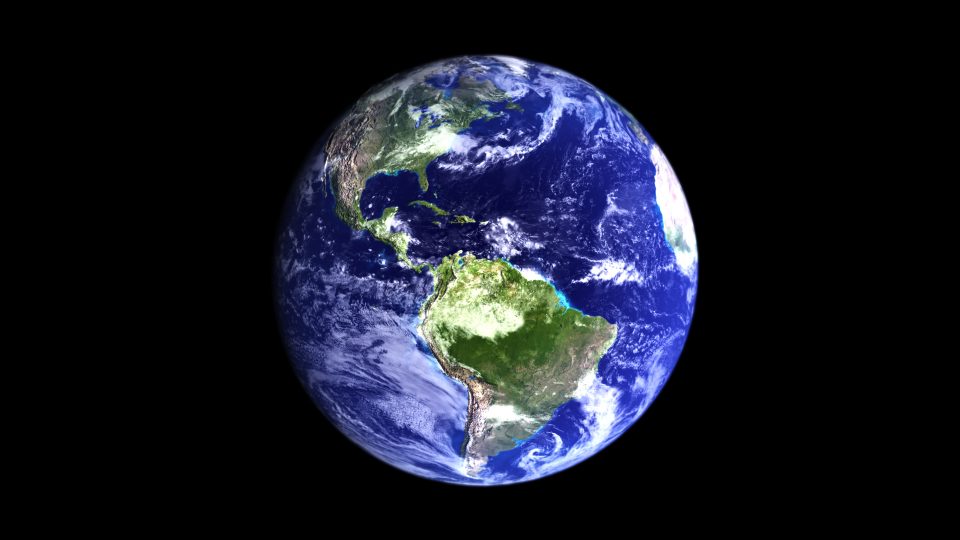The BRIGHT Solar Leasing Program Takes Flight!
December 22, 2023
The passage of the Inflation Reduction Act created unprecedented opportunities to reduce energy bills, improve air quality, and create good-paying jobs.
1 Comment



